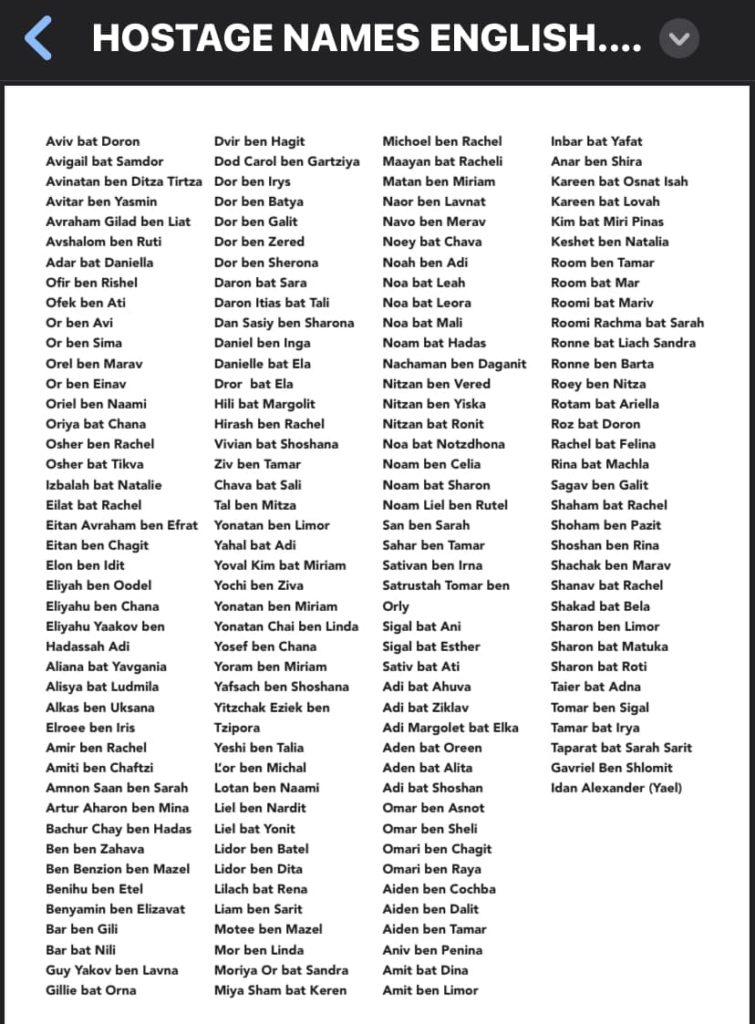I’ve been missing for a while because so much has been going on. To sum up, my mother moved in with us and needed a lot of assistance.
Having a full life that includes several young children with high needs and assisting her with all the details she needed help with was a lot. But it was the difference of opinion about going forward that I found hardest. I felt it wasn’t safe for her to return to her past living situation, but she insisted it was fine.
A couple of weeks ago, feeling aware of how much I was dealing with, I mused to my husband, “I wonder at what point doing a lot becomes too much?”
A day and a half later, following more difficult conversations and interactions, I marched into the room my husband was in, closed the door behind me and said, “That’s it – I can’t do this anymore. It’s too much for me. I can’t handle this.”
Though I’ve never used services like this previously, at that point I felt like I needed some kind of emotional counseling. From his broader perspective, my husband disagreed and said I was emotionally doing fine, but what I needed was a social worker experienced in elder care to give practical assistance so that everything relating to my mother wasn’t my sole physical and emotional responsibility.
Though she was eligible from the moment she left the hospital and I was told within two days she could get help, it took almost six weeks to get assistance for my mother – tomorrow will be the first day someone comes to help her. The reason it took so long was because the application needed to be made in the area she was living, and she was insistent she wasn’t going to stay with us long term. Until the issue of where she would live was resolved, we couldn’t apply for the help that she – and we – needed.
The impasse we were at was suddenly and to me, miraculously, broken when she saw the apartment attached to the house in Yavneel my daughter and son-in-law had just moved into that very day. Weeks before, they had offered to let her sublet the vacation apartment that they planned to rent out once they moved in. This was a very generous offer on their part and I thought it was the best option, but though I brought it up many times, every time she refused to consider it.
To sum up a very long process, once she saw the apartment she loved it and decided to officially make Yavneel her home. Once that decision was made, there was more to do. Last week I packed up her belongings in Beit Shemesh (Monday), had an appointment with a social worker to do the necessary paperwork (Tuesday), arranged for a trailer to bring her stuff here (Thursday), and helped her get unpacked (Friday).
There’s only so much time and space a person has in their lives to take on more responsibilities without dropping other balls. My computer stopped working during this period; it took two or three weeks to get it fixed because I was too busy to stay on top of calling and reminding the repair guy about it. Then when it was fixed, it took another week until I had time to open it – tonight, the first day that my mother isn’t staying with us.
While my computer was out of commission, my website went down because I didn’t renew my domain name on time. (Thank you to two readers who emailed me since I didn’t realize it had happened.) Despite generally being on top of details like these, there was too much on my plate and this was a ball I dropped.
———————————-
There were a lot of emotions to deal with during this time. It’s not easy when a parent becomes more dependent. In our situation, my mother doesn’t speak Hebrew so this made me responsible for the technical details of her life since we live in a Hebrew speaking country. While I constantly reminded myself what a difficult position it is for an independent person to suddenly be in the situation she was in, I had less patience for my own limitations. I fell short in responding in the way I wanted, often feeling like a terrible person – not being helpful enough, sensitive enough, kind enough.
This was particularly because I had to bring up the topic my mother didn’t want to address – where to live. I understood her avoidance of the topic and hated needing to talk about it. I’d love for her to continue to be fully independent. I felt like I was causing her pain and cornering her when suggesting she needed to live close to family, and at the same time, for her safety the discussion had to be had and a decision had to be made. But I felt cruel for having these discussions, and often wondered if I could have done it more diplomatically and kindly than I did.
Today when I was doing my regular morning chores I realized my mother wasn’t here for the first time in weeks and it like something was missing. There were some very nice and helpful things about having my mom around – she spent time reading to the younger kids, and took on doing the dishes as her job, which I really appreciated since there’s always a lot of dishes to wash in this house! She and ds14 had breakfast together and shmoozed every morning at length, which was really nice for them both. Though she has physical constraints, she wanted to help out as much as she could and constantly expressed how appreciative she was for what I was doing for her.
The doctors said she might get better to some degree, but couldn’t say how long it would take or how much improvement to expect. They told me not to expect her to return to her previous physically functioning, but I’m optimistic that might be possible. She’s doing dramatically better than when she arrived, much better than I hoped. I’ve been taking her for weekly appointments at the osteopath, and was particular to give her nutrient dense, healing meals – I believe that combined with being with loving family members is likely what has been responsible for all of the improvements. Hopefully she will continue to get healthier and stronger as time goes on.
Once she gets settled in and adjusted to her new home and living here, I hope she’ll be very happy to have made the change. I’m glad I was able to support her through this process and will continue to support her. It definitely feels much easier now that the living situation topic has been resolved, and she can live in her own space.
Avivah

